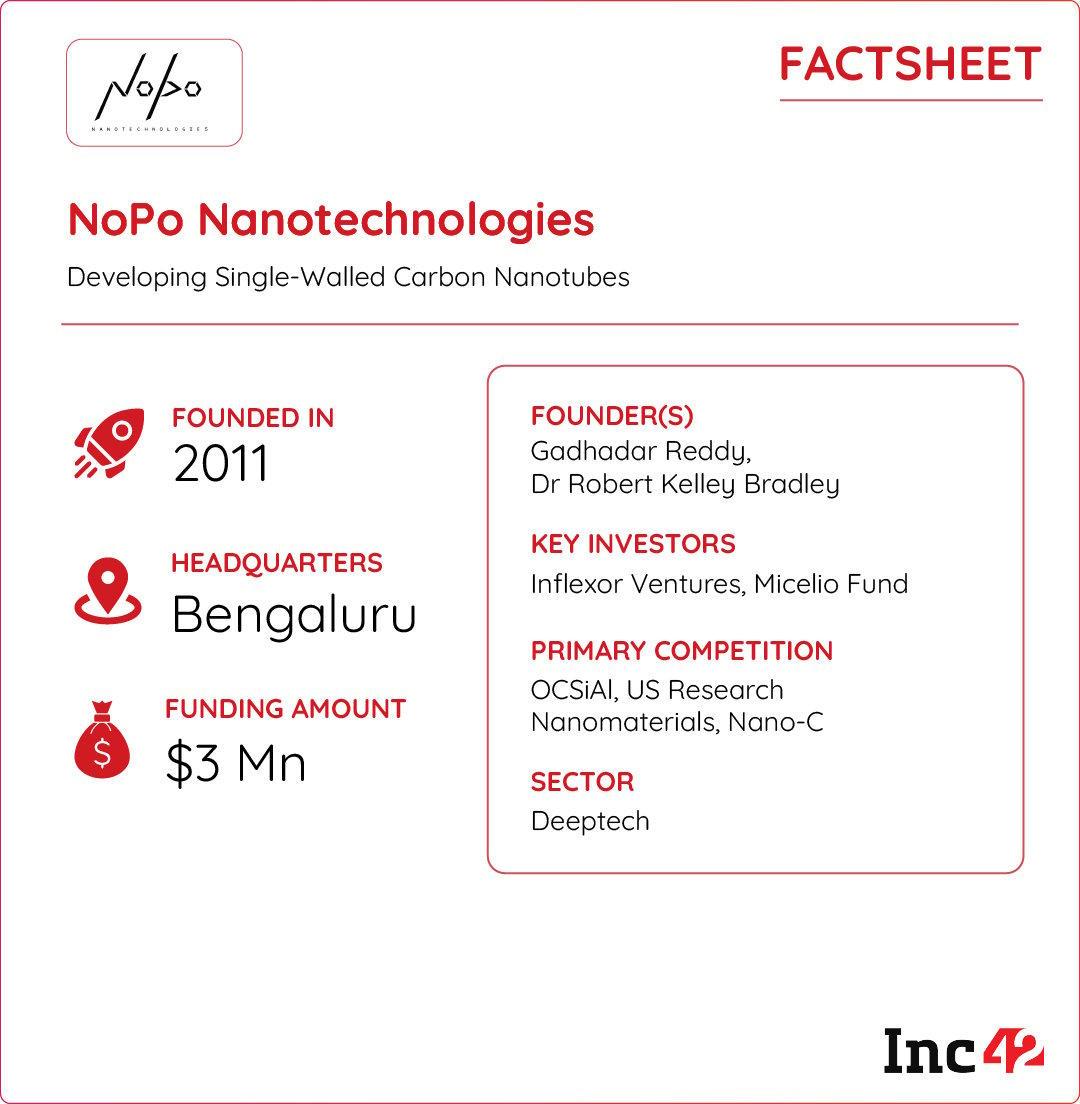Airtel and Perplexity have banded together to conquer India’s AI frontier. Earlier this week, the AI search platform inked a partnership to offer free one-year Perplexity Pro subscriptions, priced at $200, to the telecom giant’s 360 Mn users. So, why does the deal make sense?
Win-Win For Airtel: For the telecom giant, the service will act as a powerful retention and differentiation tool as tariff hikes become increasingly difficult. In addition, providing high-value AI services could offer a compelling reason for customers to stay, which will likely improve ARPU and reduce churn with minimal cash burn.
Perplexity’s Proven Gamble: Having already replicated the same strategy with T-Mobile in the US and SoftBank in Japan, Perplexity, with the Airtel deal, will be able to notch millions of free trials at scale, build brand equity and increase product engagement. Besides, the deal effectively positions Perplexity as the go-to AI tool for Airtel users and strengthens its position against rivals like OpenAI’s ChatGPT and Google’s Gemini.
With the distribution play, Perplexity aims to build habit loops among Indian users to convert users into paid subscribers after the free year. Even a 2-3% conversion rate on millions of users would be massive.
What’s On The Horizon? The Airtel-Perplexity deal appears to foreshadow what’s in store for India’s AI ecosystem. Similar other partnerships could help lower the barrier to entry for first-time AI users in Tier II and III cities. Not just this, consumers may begin to expect such services to be bundled with telecom, cloud, or OTT services as AI adoption surges.
This could also set the template for how other software companies enter India — not through standalone subscriptions, but through bundles with aggregators like telcos, UPI apps, or even OEMs.
While it would be interesting to see how well the partnership bodes for both parties, here’s how the Airtel-Perplexity deal could reshape India’s AI adoption.
From The Editor’s DeskOhm Mobility To Shut Down: The EV financing and leasing startup is winding down operations as it failed to scale its business despite multiple pivots. Founded in 2020, the startup connected banks with EV fleet operators and OEMs for availing loans.
IndiQube IPO Day 2: The workspace solutions provider’s public issue was subscribed 2.5X on the second day, driven by strong demand from retail investors. On Day 2, the IPO received cumulative bids for 4.3 Cr shares against 1.71 Cr shares on offer.
India’s Satcom Dream: Satellite communications are pivotal to the Centre’s target of connecting 1.2 Bn Indians to the internet via personal devices by 2025–26. But, how is India placed on the regulatory front and what role do startups have in this game of satellites?
Can Zoho Redefine Enterprise AI? With AI taking the world by a storm, the SaaS giant startup recently rolled out its indigenously-built AI suite, Zia LLM, and began offering the product for free to its clients. So, is Zoho moving away from its traditional SaaS roots?
PW’s IPO Gets SEBI Nod: Just four months after filing its DRHP via confidential route, PhysicsWallah has received the markets regulator’s approval for its IPO. As per reports, the edtech major is looking to raise $531 Mn via its public listing at a $3.7 Bn valuation.
Netrasemi Nets INR 107 Cr: The semiconductor startup has raised the capital in its Series A round led by Zoho Corporation. Netrasemi builds system-on-chips required for complex and optimal computing in smart Internet of Things (IoT) products.
LISSUN Acquires Being Cares: The homegrown mental health startup has bought the US-based digital mental health company for an undisclosed amount. Being Care’s cofounders Varun Gandhi and Abhishek Sharma have joined LISSUN as CPO and CTO, respectively.
BigBasket Takes A Hit In FY25: Amid intense competition, the quick commerce platform’s revenue fell 3% YoY to INR 7,673 Cr in FY25 while net losses zoomed 46% YoY to INR 1,851 Cr. However, online pharmacy 1mg’s turnover jumped 20% YoY to INR 2,392 Cr in FY25.
Inc42 Startup Spotlight Can NoPo’s Desi Nanotech Outshine Global Giants?For decades, nanotechnology has been viewed with scepticism by detractors. However, having grown up with a passion for tech and its potential applications, Gadhadar Reddy and Robert Kelley Bradley founded NoPo Nanotechnologies in 2011 to develop commercially viable single-walled carbon nanotubes (CNTs).
Building Nanotech In India: NoPo specialises in the in-house development and production of small-diameter, single-walled carbon nanotubes by utilising the high-pressure carbon monoxide (HiPCO) method. At the outset, the company focussed on use cases in water filtration but pivoted to using the tech to produce nanotubes for batteries and electronics in 2022.
Making The Moolah: After 13 years of research and development, NoPo clocked around INR 3 Cr in revenue in FY25. Going forward, the company plans to build the next generation of its reactors, optimise the production process for producing the CNT solution and raise $10 Mn-$15 Mn within a year.
With an eye on innovation and sustainability, can NoPo Nanotechnologies put India on the global nanotechnology map?

The post The Airtel-Perplexity Blueprint, Ohm Mobility To Shut Down & More appeared first on Inc42 Media.
You may also like

10 soldiers killed as Yemeni forces clash with Houthis in Saada

Man dies after drowning off the coast of Lanzarote during peak holiday season

7 Health Benefits Of Chewing Raw Ginger On An Empty Stomach

Israeli army says killed Hamas counter-intelligence commander in Gaza

You could soon be able to holiday on UK island where wallabies run wild






